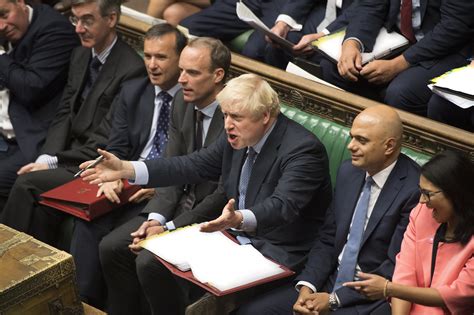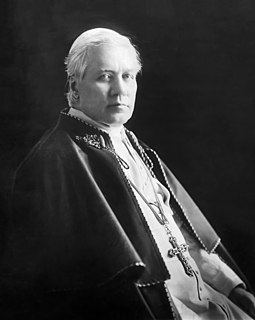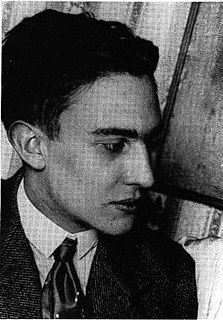A Quote by Percy Bysshe Shelley
If all the thought which had been expended on the construction of engines of agony and death - the modes of aggression and defence, the raising of armies, and the acquirement of those arts of tyranny and falsehood without which mixed multitudes could neither be led nor governed - had been employed to promote the true welfare and extend the real empire of man, how different would have been the present situation of human society!
Quote Topics
Aggression
Agony
Armies
Arts
Been
Construction
Could
Death
Defence
Different
Empire
Employed
Engines
Extend
Falsehood
Governed
Had
How
Human
Human Society
Led
Man
Mixed
Modes
Multitudes
Neither
Nor
Present
Present Situation
Promote
Raising
Real
Situation
Society
Those
Thought
True
Tyranny
Welfare
Which
Without
Would
Related Quotes
If cathedrals had been universities If dungeons of the Inquisition had been laboratories If Christians had believed in character instead of creed If they had taken from the bible only that which is GOOD and thrown away the wicked and absurd If temple domes had been observatories If priests had been philosophers If missionaries had taught useful arts instead of bible lore If astrology had been astronomy If the black arts had been chemistry If superstition had been science If religion had been humanity The world then would be a heaven filled with love, and liberty and joy
The lights were off so that his heads could avoid looking at each other because neither of them was currently a particular engaging sight, nor had they been since he had made the error of looking into his soul. It had indeed been an error. It had been late one night-- of course. It had been a difficult day-- of course. There had been soulful music playing on the ship's sound system-- of course. And he had, of course, been slightly drunk. In other words, all the usual conditions that bring on a bout of soul searching had applied, but it had, nevertheless, clearly been an error.
If man had written the Gospels - say Shakespeare or Eugene O'Neill - the story of the gospel would have been drastically different. They would have placed the prince in halls and palaces and had him walking among the great. They would have had him surrounded by the important and significant of the time. Potentates and kings would have been His companions. But how sweetly common was the real God-man; though He had inhabited all eternity, He had come down and was subject to the rising and the setting of the sun.
I have left the obvious, essential fact to this point, namely, that it is the Russian Armies who have done the main work in tearing the guts out of the German army. In the air and on the oceans we could maintain our place, but there was no force in the world which could have been called into being, except after several more years, that would have been able to maul and break the German army unless it had been subjected to the terrible slaughter and manhandling that has fallen to it through the strength of the Russian Soviet Armies.
In the American hemisphere the cause of freedom and independence has continued to prevail, and if signalized by none of those splendid triumphs which had crowned with glory some of the preceding years it has only been from the banishment of all external force against which the struggle had been maintained. The shout of victory has been superseded by the expulsion of the enemy over whom it could have been achieved.
It's hardly possible to overstate the value, in the present state of human improvement, of placing human beings in contact with other persons dissimilar to themselves, and with modes of thought and action unlike those with which they are familiar. Such communication has always been... one of the primary sources of progress.
She smiled. She knew she was dying. But it did not matter any longer. She had known something which no human words could ever tell and she knew it now. She had been awaiting it and she felt it, as if it had been, as if she had lived it. Life had been, if only because she had known it could be, and she felt it now as a hymn without sound, deep under the little whole that dripped red drops into the snow, deeper than that from which the red drops came. A moment or an eternity- did it matter? Life, undefeated, existed and could exist. She smiled, her last smile, to so much that had been possible.
It exasperated her to think that the dungeon in which she had languished for so many unhappy years had been unlocked all the time, and that the impulses she had so carefully struggled with and stifled for the sake of keeping well with society, were precisely those by which alone she could have come into any sort of sincere human contact.
...the great movement of apostasy being organized in every country for the establishment of a One-World Church which shall have neither dogmas, nor hierarchy, neither discipline for the mind, nor curb for the passions, and which, under the pretext of freedom and human dignity, would bring back to the world (if such a Church could overcome) the reign of legalized cunning and force, and the oppression of the weak, and of all those who toil and suffer. [...] Indeed, the true friends of the people are neither revolutionaries, nor innovators: they are traditionalists.
In my incoherence I was grateful that for a few moments I had known what it was to suffer-or so I thought. But nothing is less like a thing that that which is closest to it. A man who had been near to death thinks how he knows death. When the day finally comes for him to meet it, he does not recognise it. 'This is not it,' he says, as he dies.






































